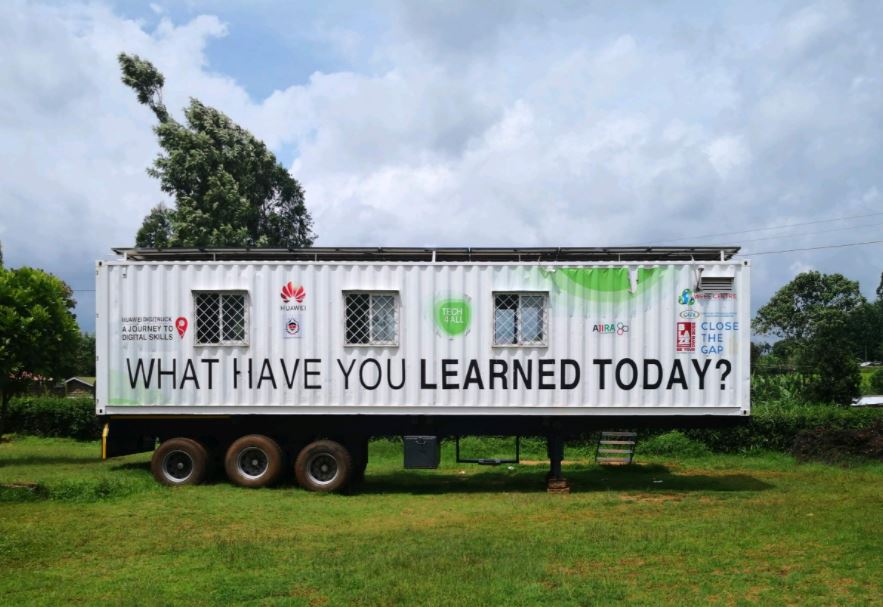×
The Standard e-Paper
Home To Bold Columnists

Consider this: a classroom lumbering down the road to your doorstep. You are in some marginalized village somewhere in the semi-arid expanses in Kenya. Here, pupils learn under trees, or in classrooms which often resemble cow sheds, especially when the rains come.







